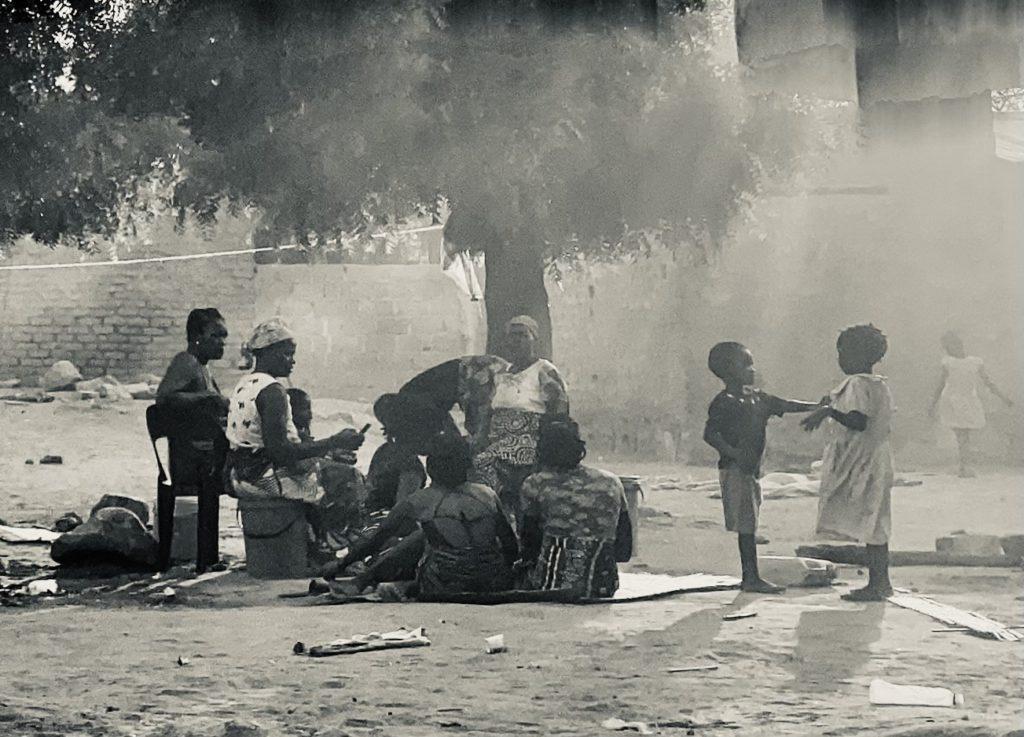
Another special day to celebrate! Another occasion for nice words like “Hope away from home: health care access and solution for refugees”: WHO and UNHCR ( the UN Refugee Agency) are partners in this year’s World Refugee Day campaign about “the inclusion and solutions for refugees to ensure their access to health services anywhere, anytime.”
Excellent. But an analogy comes to mind. Many have been crying wolf about the multicrisis for some time – the term refers to “a multitude of interconnected crises”. Meanwhile, the real wolf is back, though, in Belgium and the Netherlands at least. The privileged that like this “return to nature” are happy, farmers and shepherds less so, and the sheep even less so.
I sense something similar is happening to the numerous “wolf-cryers” ( A-Ha! ) on imminent disaster coming from climate change, migration and growing inequity (like this week’s cry from UNHCR). Those that pull the strings to get decisions taken for short-term gain are getting filthy rich (like in the pandemic), while many of ‘the others’ get killed by the effects of measures taken by politicians with a populist streak who claim to represent the people’s desire for protection and security. But there are also the many ‘inactive bystanders’ – in other words, most of us who read this, or our good friends – who are often too busy being insulted by lack of respect for our (obviously, totally unique) individual identities to open our eyes to see what’s coming. And that is: a pack of very nasty wolves indeed.
The wakeup call at this World Refugee Day should be the outcry to understand that apart from those that do not even have the means or emotional spirit to flee from a burning environment, refugees are the “wretched of the earth” of today. Expulsions are taking place all over the world – for economic, political and environmental causes. The result is that more than 100 million people are locked up in camps, many are drowning, or used as political bait, pushed back by Frontex, and used as guinea pigs.
So a “third Global Consultation on the Health of Refugees and Migrants” (as organized last week in Rabat, Morocco) seems pointless if real transformative change does not come fast. As Dutch veteran diplomat and minister Jan Pronk said about the recent EU Tunesia deal: “This giving money to a dictator to stop people amounts to barter: money in exchange for people.” It has come to the point where European Data Protection Supervisor Wojciech Wiewiorowski has to warn EU agencies and EU governments to respect “fundamental rights provided by the EU Charter of Fundamental Rights” – which he did, on this very World Refugee Day.
Skepticism and cynicism do not help. If we do not want to belong to the guilty inactive bystanders, we need to act. In this fragmented and polarized world the only thing we have to hold on to are human rights. And instead of polarizing further along identity lines and arguments about the past, there are ways forward that may overcome the injustices of the past. One of the voices that gives some hope comes from Olúfhemi O. Táíwò – who not only explains how the elite took over identity politics, but also talks about climate refugees. There are more – and we need to listen to them.
O-hooo!